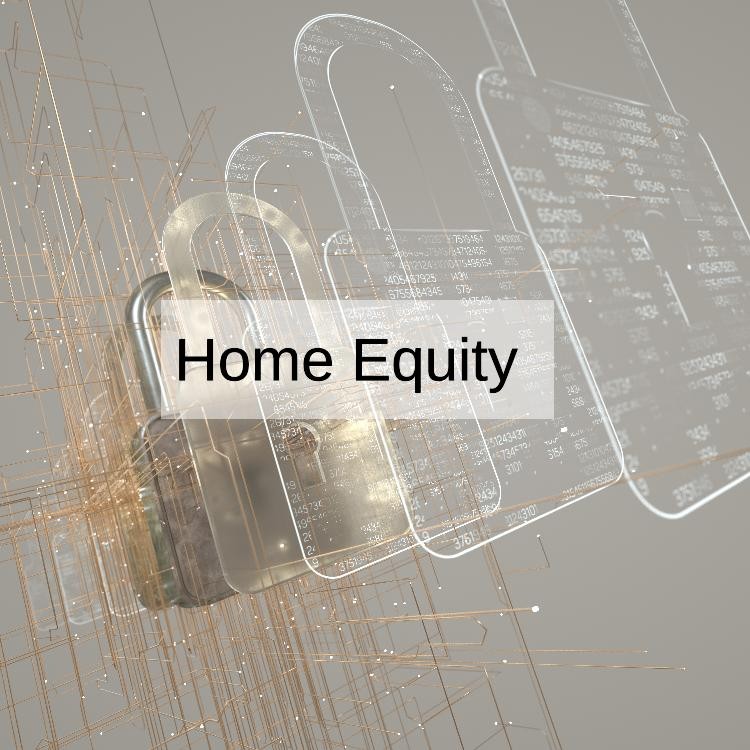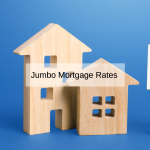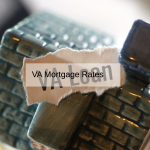Homeownership is not only a cornerstone of the American dream but also a potential source of financial stability and wealth building. One of the key assets that homeowners accumulate over time is home equity loan. In this comprehensive guide, we will explore the concept of home equity, its calculation, and the various methods homeowners can use to access this valuable resource. Whether you're a first-time homeowner or someone looking to leverage your property for financial opportunities, understanding home equity is crucial.
Section 1: Demystifying Home Equity
1.1 What is Home Equity?
Home equity is the difference between the current market value of a home and the outstanding usda mortgage loans balance. In simpler terms, it represents the portion of the property that the homeowner truly owns outright. As the property value appreciates over time or as mortgage payments are made, home equity naturally increases.
1.2 Calculating Home Equity
The formula for calculating home equity is straightforward: Home Equity = Current Market Value - Mortgage Balance. Regular property appraisals and keeping track of mortgage statements can help homeowners stay informed about their home equity position.
Section 2: Accessing Home Equity
2.1 Home Equity Loans
Home equity loans allow homeowners to borrow a lump sum of money, using their home equity as collateral. These loans typically have fixed interest rates and fixed repayment terms, making them predictable and easy to budget for. Homeowners often use these loans for significant expenses like home improvements, education, or debt consolidation.
2.2 Home Equity Lines of Credit (HELOCs)
A Home Equity Line of Credit (HELOC) operates like a credit card secured by your home. It provides a revolving line of credit, allowing first time home owners loan to borrow as needed, up to a predetermined credit limit, during a specified draw period. HELOCs offer flexibility and can be used for various purposes, but borrowers should be mindful of variable interest rates.
2.3 Cash-Out Refinancing
Cash-out refinancing involves replacing the existing mortgage with a new one that has a higher loan amount than the current mortgage balance. The homeowner receives the difference in cash, which can be used for various purposes. This method is suitable for those looking to refinance at a lower interest rate while accessing their home equity.
2.4 Reverse Mortgages
Designed for homeowners aged 62 and older, reverse mortgages allow seniors to convert a portion of their home equity into cash. Unlike traditional mortgages, reverse mortgages do not require monthly payments. Instead, the loan is repaid when the homeowner sells the home or passes away. This option is ideal for retirees looking to supplement their income.
2.5 Home Equity Sharing
Innovative platforms now allow homeowners to access their home equity without taking out a loan. Home equity sharing involves partnering with investors who provide a lump sum in exchange for a share of the future appreciation of the home. This option is gaining popularity for its unique approach to unlocking home equity.
Section 3: Making Informed Decisions
3.1 Benefits of Accessing Home Equity
Accessing chase home equity loan can offer numerous benefits, including funding home improvements, consolidating high-interest debt, covering education expenses, or supplementing retirement income. Additionally, the interest on home equity loans or HELOCs may be tax-deductible, providing potential financial advantages.
3.2 Risks and Considerations
While accessing home equity can be a strategic financial move, it's essential to consider potential risks. Increased debt, the risk of foreclosure, and variable interest rates in the case of HELOCs are factors that homeowners must weigh carefully. Additionally, failing to repay a home equity loan or HELOC could result in the loss of the property.
3.3 Choosing the Right Option
The choice of how to access home equity depends on individual financial goals, needs, and risk tolerance. Consulting with financial advisors or mortgage professionals can provide valuable insights to help homeowners make informed decisions tailored to their specific circumstances.
Home equity is a dynamic financial asset that can serve as a powerful tool for homeowners. Whether accessed through loans, lines of credit, or innovative sharing platforms, understanding how to leverage home equity empowers individuals to make informed decisions that align with their financial goals. As homeowners navigate the myriad options available, they unlock the potential within their homes, transforming them from mere dwellings into valuable assets contributing to long-term financial success.
Frequently Asked Questions (FAQ) about Home Equity and Accessing It:
1. What exactly is home equity, and why is it important?
Home equity represents the portion of your property that you truly own outright, calculated as the difference between the current market value of your home and the outstanding home mortgage loans balance. It's a critical asset for homeowners as it can be leveraged for various financial opportunities and serves as a measure of wealth.
2. How can I calculate my home equity?
Calculating home equity is relatively straightforward: subtract the outstanding mortgage balance from the current market value of your home. Regular property appraisals and reviewing mortgage statements can help homeowners keep track of their home equity position accurately.
3. What are the different methods for accessing home equity?
There are several methods for accessing home equity, including home equity loans, home equity lines of credit (HELOCs), cash-out refinancing, reverse mortgages, and home equity sharing arrangements. Each option has its own features, benefits, and considerations, catering to different financial needs and circumstances.
4. What is the difference between a home equity loan and a HELOC?
Home equity loans provide borrowers with a lump sum of money, typically with a fixed interest rate and fixed repayment terms, whereas a HELOC offers a revolving line of credit that homeowners can draw from as needed during a specified period, with variable interest rates.
5. What are the benefits of accessing home equity?
Accessing home equity can provide homeowners with funds for various purposes such as home improvements, debt consolidation, education expenses, or supplementing retirement income. Additionally, the interest on home equity loans or HELOCs may be tax-deductible, offering potential financial advantages.
6. What are the risks and considerations associated with accessing home equity?
While accessing home equity can be advantageous, homeowners should consider potential risks such as increased debt, variable interest rates, and the risk of foreclosure if payments are not made. It's essential to weigh the benefits against the potential drawbacks and consider individual financial circumstances.
7. How do I choose the right option for accessing my home equity?
Choosing the right option depends on individual financial goals, needs, and risk tolerance. It's advisable to consult with financial advisors or mortgage professionals to evaluate the various options and determine the best fit based on your specific circumstances and objectives.
8. Are there tax implications associated with accessing home equity?
In many cases, the interest paid on home equity loans or HELOCs may be tax-deductible if the funds are used for home improvements, renovations, or other qualified expenses. However, tax laws regarding home equity deductions may vary, and homeowners should seek guidance from tax professionals.
9. Can I access my home equity if I have an existing mortgage?
Yes, homeowners can access their home equity even if they have an existing mortgage. Options such as cash-out refinancing allow borrowers to replace their current mortgage with a new one that has a higher loan amount, enabling them to access their home equity while refinancing at potentially more favorable terms.
10. What happens if I can't repay a home equity loan or HELOC?
Failing to repay a home equity loan or HELOC could result in the loss of the property through foreclosure. It's crucial for homeowners to understand the terms of the fha home loan agreement, including repayment obligations and potential consequences for defaulting, and to ensure that they can comfortably manage the associated payments.
















